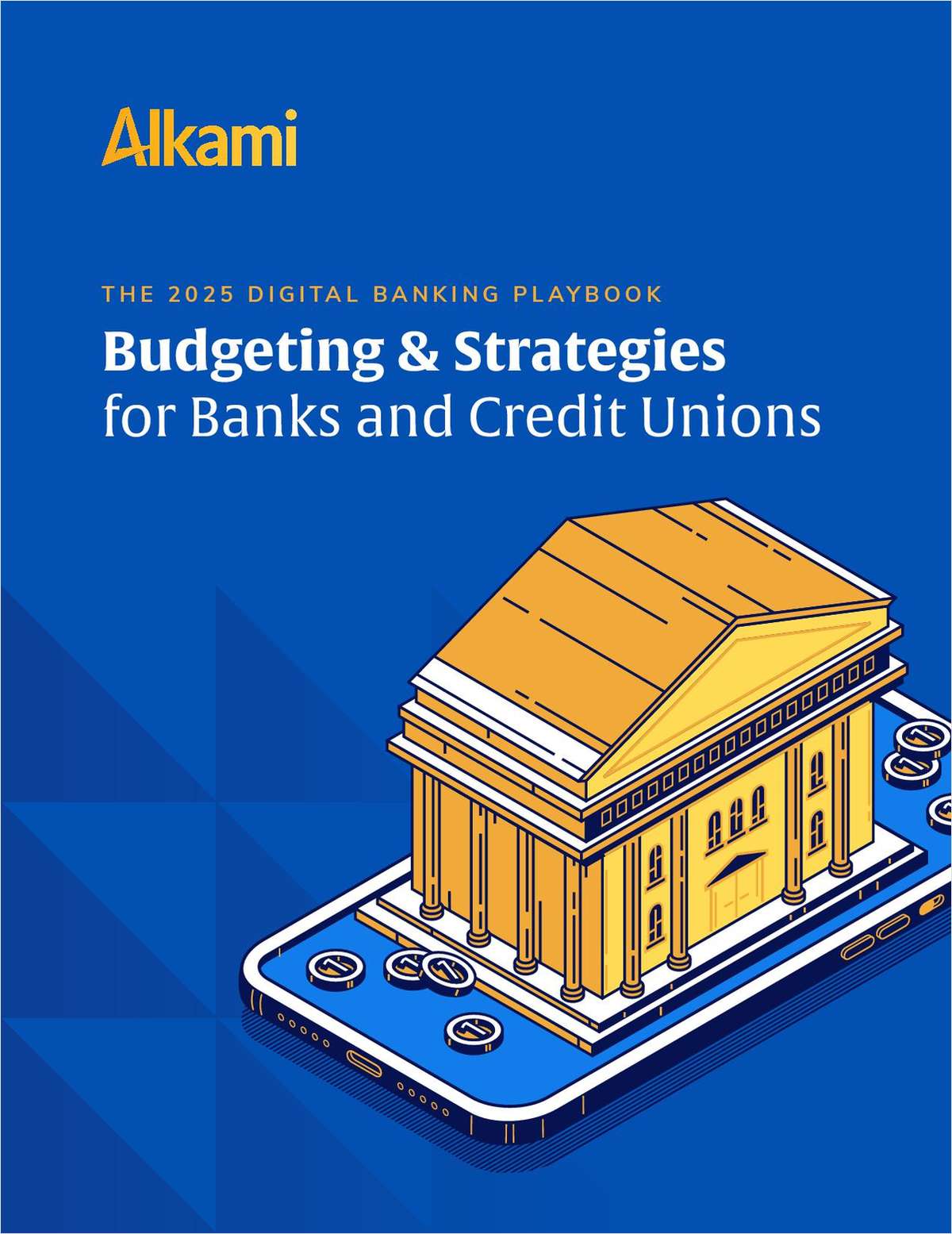WASHINGTON-Credit unions have really opportune timing regarding member business lending. Just as credit unions are completing their first year of complete access to Small Business Administration-backed lending programs and NCUA loosens its MBL restrictions, small businesses are gearing up for borrowing and hiring two recent studies have found. However, it is not that surprising to discover that many small businesses do not turn to traditional financial institutions for funding needs. The 5th Annual Global Entrepreneurship Monitor, conducted by Babson College and London Business School and funded by the Ewing Marion Kauffman Foundation, found that the U.S. Total Entrepreneurial Activity Index for 2003 rose to 11.3%, up from 10.5% the previous year. The index peaked at 16.7% in 2000. This data comes following a brief stoppage of SBA 7(a) funding and a decrease in the guarantee maximum (See related story page 3). "The increase in entrepreneurship in the U.S. is a small but positive step that appears to mirror our recovering economy," Kauffman Foundation President and CEO Carl Schramm said. "This report estimates that as many as 300 million people around the globe were trying to launch new firms in 2003." The study also discovered that most small business start-ups look to family members for funding. Of those surveyed, 3% have invested in someone else's business. The largest proportion of those `informal' investors (43.7%) was close family members, followed by 29.2% investing in a friend or neighbor's business. Just over 9% percent invested in a stranger's business, the study found, while 8.9% invested in a relative's and 8.9% put funds into a work colleague's entrepreneurial effort. Informal investors funded nearly all businesses and supplied 90% of the total dollars invested in the countries included in the study. The Kaufman study also concluded, "Entrepreneurship is contagious." It discovered that people who know someone who started a business in the past six months are two to three times more likely to engage in entrepreneurial activity themselves. Credit unions should be aware that men are twice as likely as women to start a new business and that two-thirds of entrepreneurs are between 25 and 44 globally, according to the Kaufman study. Still, 12% were between 18 and 24 and 17.4% were 45-54. In addition, approximately 80% of entrepreneurs worldwide expect to create jobs when they become established; 20% expect to provide 20 or more new jobs. A separate study by the National Federation of Independent Business also found that 20% of all small businesses plan new hires in the coming months. The increase has already started following a December that saw double the number of new jobs created than November. The Ewing Marion Kauffman Foundation of Kansas City was established in the mid-1960s to advance entrepreneurship and improve the youth educational achievement. NFIB is a small and independent business advocacy organization. [email protected]
Complete your profile to continue reading and get FREE access to CUTimes.com, part of your ALM digital membership.
Your access to unlimited CUTimes.com content isn’t changing.
Once you are an ALM digital member, you’ll receive:
- Breaking credit union news and analysis, on-site and via our newsletters and custom alerts
- Weekly Shared Accounts podcast featuring exclusive interviews with industry leaders
- Educational webcasts, white papers, and ebooks from industry thought leaders
- Critical coverage of the commercial real estate and financial advisory markets on our other ALM sites, GlobeSt.com and ThinkAdvisor.com
Already have an account? Sign In Now
© 2025 ALM Global, LLC, All Rights Reserved. Request academic re-use from www.copyright.com. All other uses, submit a request to [email protected]. For more information visit Asset & Logo Licensing.









